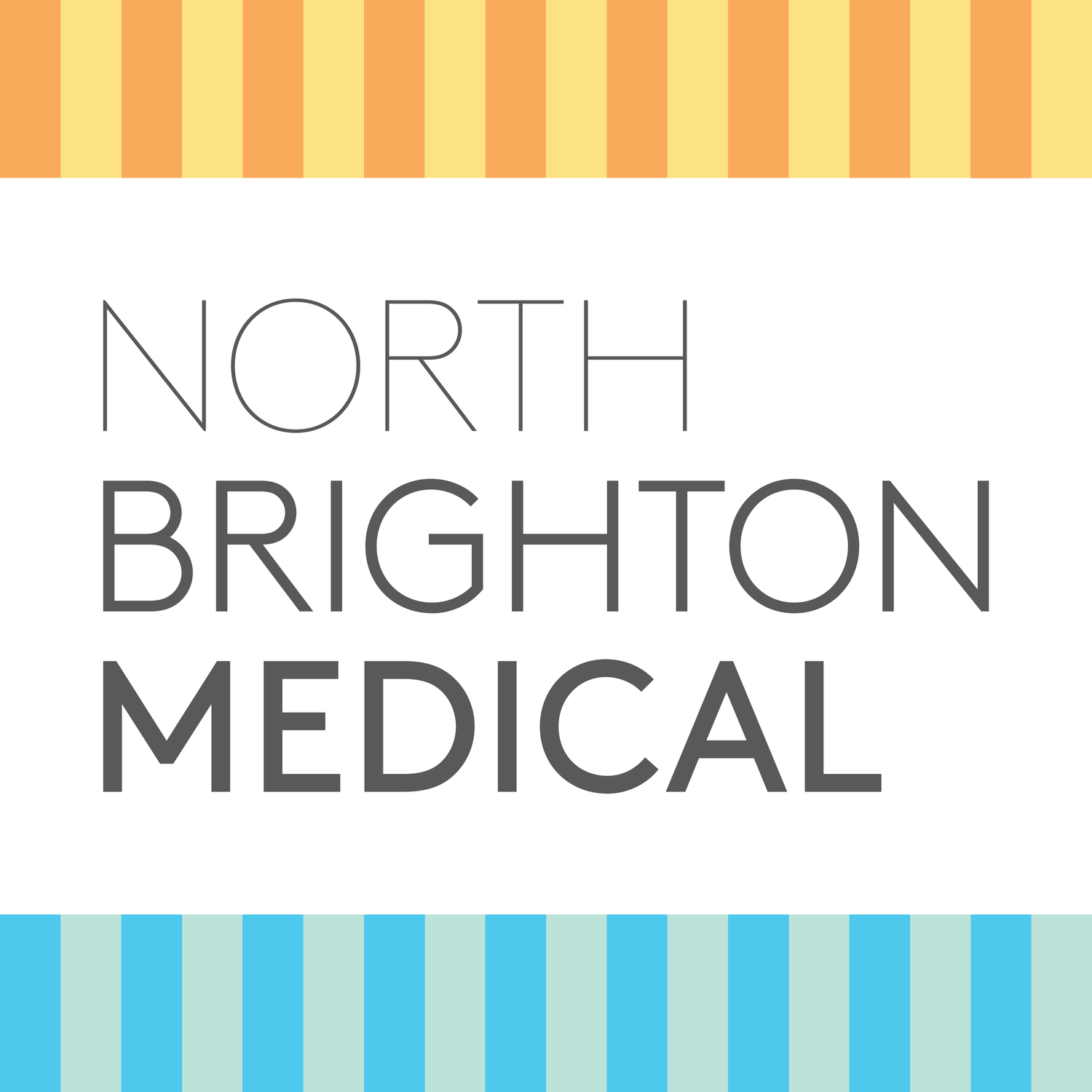Exploring new destinations is exciting, but staying healthy while travelling is just as important as planning your itinerary. With the right preparation and smart habits on the road, you can reduce the risk of illness and enjoy your trip to the fullest. Here are practical GP tips designed for Australians heading overseas.
Start with Pre-Travel Preparation
The foundation of a healthy trip begins before you leave. A travel health consultation at North Brighton Medical Centre ensures you’re equipped with the right vaccinations and advice.
Vaccinations and immunity: Review routine and destination-specific vaccines such as influenza, typhoid or hepatitis. For children, see our Children’s Health & Immunisation services.
Medical kit and prescriptions: Pack a small kit with pain relief, antihistamines, sunscreen, and insect repellent. Carry medications in original packaging with a doctor’s letter.
Travel insurance: Comprehensive insurance that covers medical costs, evacuation, and pre-existing conditions gives peace of mind abroad.
Dental and vision checks: Schedule a dental check-up and ensure spare glasses or contact lenses are packed. Minor dental or eye issues can become major inconveniences abroad.
Food and Water Safety While Abroad
One of the most common causes of illness when travelling is food or water contamination.
Safe eating: Stick to freshly cooked meals, avoid raw or undercooked foods in high-risk areas, and wash hands before eating.
Drinking water: Choose sealed bottled water or use purification tablets. Avoid ice if you are unsure of the source.
Good hygiene practices are key to reducing exposure to contagious diseases.
Protect Yourself from Insect-Borne Illnesses
Mosquitoes and other insects can transmit serious illnesses overseas.
Repellent and clothing: Use repellent with DEET or picaridin and wear long-sleeved clothing in high-risk areas.
Sleeping protection: Consider bed nets if travelling to rural regions.
Your GP can advise on additional vaccines such as Japanese encephalitis or yellow fever if relevant to your itinerary.
Managing Jet Lag and Fatigue
Crossing time zones can disrupt your sleep and energy levels.
Adjust gradually: Shift your sleep schedule slightly before travel if possible.
Stay hydrated: Drink plenty of water, avoid excess caffeine or alcohol, and move regularly on long flights.
Get natural light: Exposure to daylight on arrival helps reset your body clock.
Safe travel habits: Wear a mask in crowded places, practise hand hygiene, and keep physically active during long flights to reduce fatigue and circulation issues.
Coping with Climate and Environmental Risks
Travellers may encounter climates very different from Australia.
Hot climates
Use sun protection, wear breathable clothing, and stay hydrated. A flu vaccine may also reduce risk of illness in crowded tourist destinations.
Cold or high-altitude destinations
Dress in layers, protect extremities from frostbite, and allow time to acclimatise to altitude.
Remote or high-risk regions
Consider carrying a more comprehensive health kit and discuss with your GP whether additional vaccines or medications are needed.
Travel Health Advice for Different Travellers
Families with children: Ensure immunisations are current and carry familiar snacks to reduce tummy upset. See our post on Travel vaccinations for children overseas.
Older adults: Plan regular breaks, stay on top of hydration, and keep a copy of your medical history handy.
Travellers with chronic conditions: Bring enough medication for the whole trip, plus extras in case of delays. Speak with your GP about managing conditions like diabetes, asthma or heart disease.
Pregnant travellers: Some destinations or vaccines may not be suitable. A consultation will provide tailored advice and safety guidance.
When to Seek Medical Help Abroad
Even with preparation, illness can occur while travelling. Seek medical help if you experience:
Persistent fever, vomiting, or diarrhoea
Severe dehydration
Breathing difficulties
Skin rashes that worsen or spread
Keep copies of medical documents and receipts to assist with insurance claims.
Post-Travel Health Check
Health issues can sometimes appear days or weeks after returning home. If you feel unwell—especially with fever, gastrointestinal symptoms, or unusual fatigue—book an appointment with your GP at North Brighton Medical Centre. Early review can prevent complications and ensure appropriate care.
Staying Healthy Means Planning Ahead
Good travel health is about prevention, preparation, and knowing when to seek advice. At North Brighton Medical Centre, our GPs provide:
Personalised travel medicine consultations
Guidance on vaccinations, COVID-19 boosters, and routine immunisations
Advice on reducing risks of illness and managing health conditions abroad
Disclaimer: The information in this blog is for general educational purposes only and should not be taken as medical advice. It is not a substitute for professional diagnosis, treatment, or care. Always seek the guidance of your doctor or other qualified healthcare professional with any questions you may have regarding your health or medical condition.

